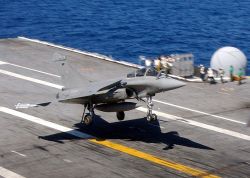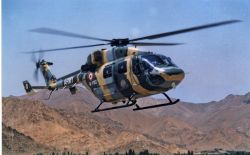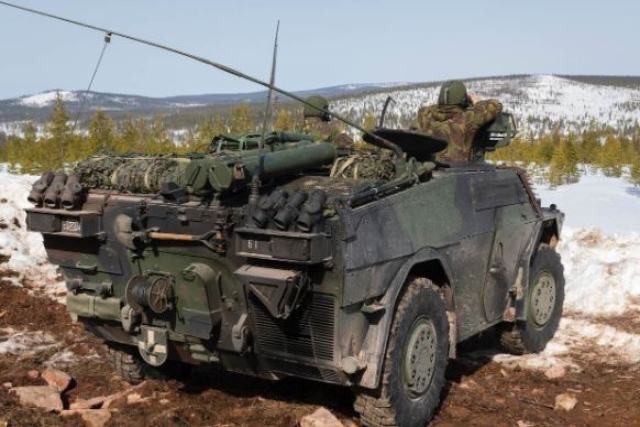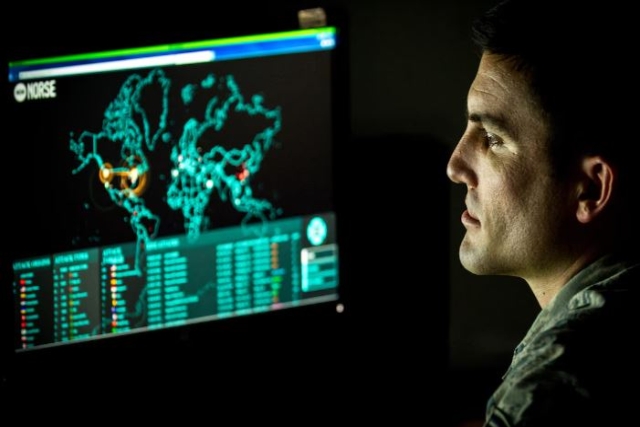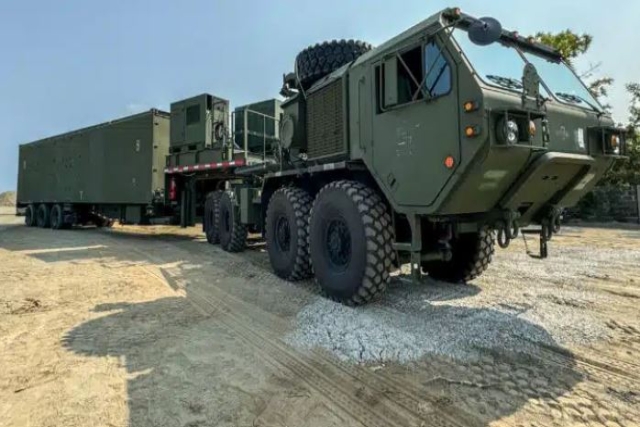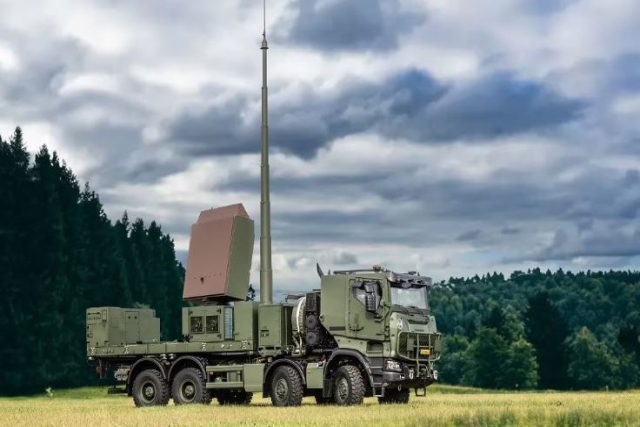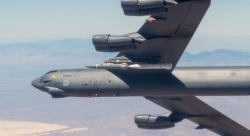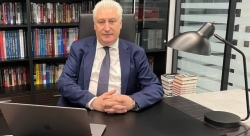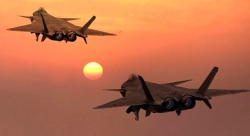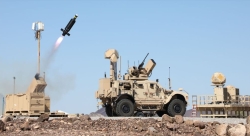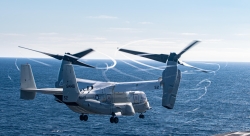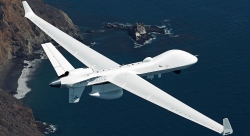High Price Tags Putting Off Arms Sales?
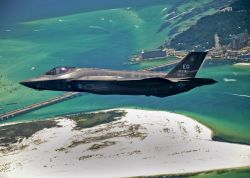
Arms deals that come with hefty price tags are being cancelled in growing numbers with governments preferring to procure weapons for lower costs or develop them indigenously.
Earlier this year, India cancelled a $650 million deal with BAE Systems for the procurement of M-777 howitzers. Defence minister Arun Jaitley told Parliament in August, “The case for procurement of ULH guns through the US government has not progressed due to cost issues and because the vendor’s proposal is not fully compliant to the offset requirements”.
The German defence ministry is reportedly planning to purchase 143 Eurofighter jets instead of the original 180 due to the machine’s high costs, according to various media reports. Defence Committee chairman Hans-Peter Bartels issued a statement In February saying Germany should further cut its Eurofighter fleet, according to business daily Handelsblatt. "We should reduce the Euro Fighter fleet to 108 machines, that's enough," he said.
In a similar move Turkey decided in 2013 to defer an order to procure its first two F-35 fighter jets citing technical problems and rising costs, but added that it still plans to buy over a 100 in the future. “Due to the current state of the JSF (Joint Strike Fighter) ... and the rising cost ... it was decided to postpone the order placed on Jan 5, 2012, for the two aircraft,” the Under secretariat for Defence Industry (SSM) said in a statement then.
Germany has decided it will not purchase Euro Hawk reconaissance drones because meeting the standards required to win aviation approval would cost 500 million to 600 million euros, Reuters reported on Tuesday. Even if it committed such funds, there would be no guarantee of securing final approval, the report added. German armed forces currently operate one prototype Euro Hawk and were considering to buy four drones from EADS and Northrop Grumman. Germany had earmarked 1.2 billion euros for the purchase and development of the drones, the report said.
In September, Malawi's new government cancelled a $145 million arms deal with South Africa's Paramount Group. According to Finance Minister Goodall Gondwe, “The agreement between the Malawi Government and Paramount Group has been abrogated. That is all I can confirm and say”. Local reports quoted a source within the finance ministry as saying the government of President Peter Mutharika told the firm the deal was “illegal and expensive”.
Taking advantage of the fact that many buyers prefer weapons at a lower cost, Russia’s Rosoboronexport, a subsidiary of the Rostec State Corporation, presented items of “military equipment highly popular in armies, navies and air forces of African states” at the Africa Aerospace and Defence 2014 exhibition in Pretoria, South Africa.
"We come to this exhibition in the Republic of South Africa as it is the most important venue for the promotion of weapons and military equipment to the African continent, especially to sub-Saharan countries. Although these states account for a relatively small share in total sales (about two percent), there has been a steadily growing order dynamics in recent years. This fully corresponds with the overall tendency for strengthening and developing Russia's relations with the countries in the region", said Yuri Demchenko, a Rosoronexport special projects director heading its delegation to the exhibition.
The contracts concluded with sub-Saharan countries in 2013-2014 amount to about 1.7 billion USD. A good groundwork has been laid in recent years for the cooperation with Nigeria, Cameroon, Mozambique, Tanzania and Equatorial Guinea. There are prospects for the delivery of weapons and military equipment to Botswana, Kenya, Rwanda, Djibouti, Ethiopia and other countries, Rosoboronexport added.
China has also made similar strides. Chinese exports of major weapons increased by 212 percent during 2009-2013, compared with the previous five-year period, and China's share of global arms exports increased from 2 to 6 percent, the SIPRI report said. Almost three-quarters of Chinese exports went to just three clients: Pakistan, Bangladesh and Myanmar.
Since the report was published China, among its most notable sales this year, won a contract from Myanmar to supply 4 system of air defense missile midrange KaiShan 1A (also known as KS-1A), export variant of the Hongqi-10 (HQ-12) of China, to equip a regiment of air defence.
Even Turkey chose to buy Chinese missiles over American in a move that brought Last September,
Turkey reached a deal with China Precision Machinery Export-Import Corporation (CPMIEC) to buy its first long-range anti-missile system last September although the contract is now on hold after US and NATO expressed concerns. CPMIEC beat competitors Russia’s Rosoboronexport, Italian-French consortium Eurosam and a US partners Raytheon and Lockheed Martin for the deal, estimated at $4 billion (2.9 billion euros).
